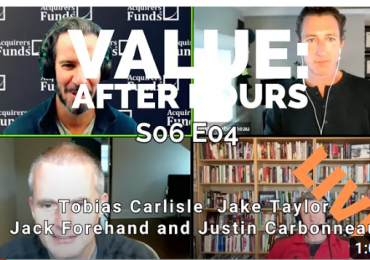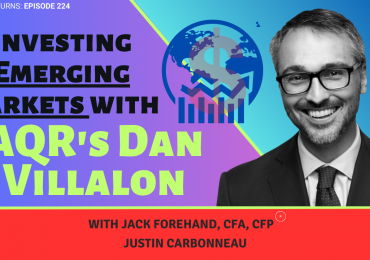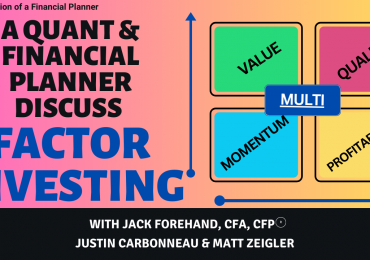Prompted by a lackluster performance year, AQR Capital Management founder Cliff Asness wrote a 23-page essay defending his factor-based investing strategies according to a recent Bloomberg article that features an interview with the billionaire.
Here are some highlights:
- Asness believes that there is a “minor crisis in confidence” for some quants, but that it’s misplaced. “We’ve seen periods like this quite a few times before.” He contends that his firm expects to “win long term, or we wouldn’t do it.”
- As to the reasons behind quant’s poor performance, Asness says, “the big culprit on the year is systematic value investing. That one has been bad for quite a long time, probably since just after the financial crisis.” If one factor does poorly, he says, AQR can still do well if others (such as momentum and quality, for example) do well. “This year,” he laments, “the other ones are not making up for value.”
- When asked whether factors can stop working, Asness says, “Absolutely. It’s something we actively monitor.” He believes in mean reversion to the extent that factor-based strategies will “work at a relatively similar level to how they’ve worked in the past. Reversion to the mean,” he says, “doesn’t mean a huge comeback.”
- On whether it’s reasonable to question whether rising yields, quantitative tightening, and their effect on liquidity and volatility will impact quant strategies, Asness says, “It is reasonable, it’s just absolutely not borne out by the data.”
- Asness argues that the most interesting development taking place in quant investing is machine learning, adding that the firm recently hired someone that will be able to “fuse machine learning with a need for some economics behind it.”
- Private investing is an area in need of more innovation and research, according to Asness, who says, “I think there’s an opening for someone to be the Vanguard [Group] or AQR of private investing, putting in enough work to make sure we’re getting a fair price and then charging a third of what everyone else charges.”
- AQR is eager to expand into fixed income, says Asness, who describes it as the “final frontier.”
- The rise in passive investing has been the most important change in the asset management industry, says Asness. When asked if the trend in fees is toward zero, he contends that it is for passive but not for active. “There are people who will get mad at me for saying that, but you can’t really charge high fees when you’re not adding value. Any form of active management—be it judgmental, be it quant—is an assertion that we’re providing you with something that the passive index doesn’t. If it’s true skill, the fee on that should still be fairly high.”








